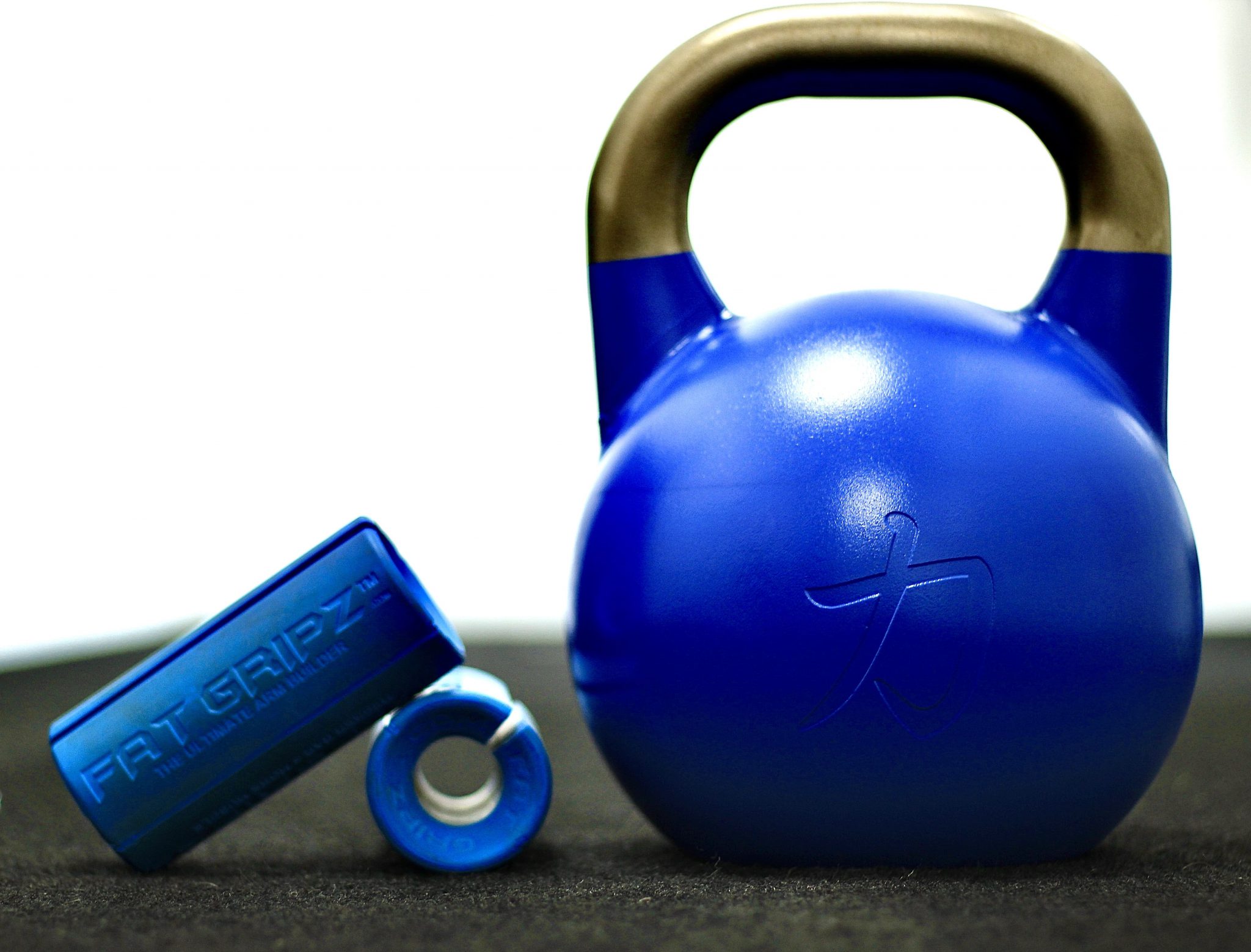Where there's a will there's a way …
Is there?
What does will power even mean?
Is it the key to changing bad habits like; poor diet, not enough
exercise, not doing your rehab, running when you know you shouldn't?
Do you find that some days you are totally on it, motivated and
ready to go? You do an extra long training session and you feel great but then
other days, there is nothing in the tank.
Well I certainly feel that way,
So does this mean I have poor will power?
And if so, how do I improve my Will power?
Gary Keller & Jay Papasan have written a great book called ‘The
One Thing’. I totally recommend this for anyone interested in achieving his or
her goals.
In one chapter, they focus on Will Power and why it is not always
there when you need it. Here is a summary of the chapter and why it’s relevant
to injury and sports performance.
If you do not understand how will power works, you are setting
yourself up for failure.
If you think will power is all just about good character, then you
are missing an equally important element, which is timing.
Will power is so important in success that using it effectively
should be a high priority. Unfortunately, because it's not there all of the
time, you need to learn how to manage it.
Like the famous sayings go, ‘the early bird catches the worm and
make hay when the sunshines’, Will Power is a TIMING issue.
‘When you Have Your Will, You Get Your Way’.
Although character is an essential element of will power, the key to
harnessing it is when you use it.
Believe it or not, will power is like the battery bar on your phone.
You start with 100% and as the day goes on you draw on it. When it eventually
goes red, you are done.
Will power has a limited battery life, but can be recharged with
some down time. It’s a limited but renewable resource.
Because you have a limited supply, each act of will has a win/lose
scenario. If you use it up early in the day, you won't have much later on. So, if
you have a rough day at work, bad habits can start to creep in that evening
e.g. snacking, not exercising, not doing your ‘physio’ etc.
Let's take a look at some examples from research.
A research professor at Stanford University looked at the affects of cognitive memory on will power. They divided 165 students into two groups and asked them to remember either a two digit or a seven-digit number. They then were then asked to go to another room and recall this number. Along the way, they were offered a treat for participation in the experiment. The choices were chocolate cake (guilty pleasure) or a fruit salad (healthy treat). The results showed that students who were asked to remember the 7-digit number were twice as likely to take the chocolate cake. This tiny extra bit of cognitive load was just enough to affect a prudent choice.
So the more we use our mind (decisions we make through out the day) the
less minding power we have.
Will power is like a fast twitch muscle fiber, it is very powerful but it has no endurance.
Another important factor about Will Power is the importance of Nutrition. The Brain makes up 1/50 of our body mass but consumes 1/5 of the calories we burn for energy. Most of the conscious activity in our brain is happening in our pre frontal cortex, the area that is responsible for; focus handling, short term memory, solving problems and moderating impulse control. It is the centre of control for will power.
The most recent parts of our brain to develop are the first to suffer if there is a shortage of resources. Older more developed parts of the brain such as areas that regulate breathing and our nervous responses get first helpings from our bloodstream and are virtually unaffected if we decided to skip a meal. The prefrontal cortex, however, feels the impact.
According to the authors, 9 separate research studies looked into the impact of nutrition and will power. One study set tasks, which did and did not involve will power and measured blood sugar levels before and after each task. Those who exercised will power had a marked drop in the levels of glucose in the bloodstream.
Subsequent studies showed the impact on performance when two groups completed one will power related task and then did another. Between tasks, one group were given a glass of lemonade sweetened with real sugar, therefore providing a buzz and the other group were given a placebo (providing a buzz kill). The placebo group made twice as many errors on the second task compared to the sugar group. They concluded that will power is a mental muscle that doesn’t bounce back quickly.
So if you use it for one task there will be less power available for the next unless you refuel. Therefore, to be at our best, we need to feed our minds.
Foods that elevate blood sugars evenly for long periods such as complex carbohydrates and proteins become the fuel of choice for high achievers.
The last point is when our will power is low we tend to fall back to our default settings.
What does this mean?
Well to explain this, a group of researchers looked at the Israeli parole board. They analysed 1100 parole board hearings assigned to 8 judges over a 10 month period. The judges have to hear arguments and are left with 6 minutes (on average) to render a decision on 14 – 35 parole requests per day. They only get two breaks to refuel with a morning snack and a late lunch.
The results showed that in the mornings and after each break, a prisoner’s chance of getting released peak at nearly 60% but drop to nearly zero by the end of each period.
These results are most likely related to the toll of repetitive decision making. These are big decisions for the prisoners and the public. High stakes and high workload demand an intense focus through out the day. As their energy is spent, judges mentally collapse into their default choice, which does not turn out so well for hopeful prisoners. The default decision for a parole judge is NO. When in doubt and with will power low, the answer is no.
So, when our will power runs out we all return to our default settings.
Therefore, what are your default settings?
If your will power is low, will you do your physiotherapy exercises or sit on the couch? Will you drink a glass of wine or a pint of water?
We need to think about managing our will power and understanding that timing is key.
We need to understand that we need to save our will power for the things that matter most.
If your goals are to return from injury and at the same time start a
new job, you need to realise that your will power is going to be used up pretty
quickly. You need to decide on the most important thing in your day, in your
week, in your month and in your year so that you prioritise your will power.
Therefore, do your one most important thing early in the morning
when your willpower is higher and throughout the day use it on matters that
mean the most to you and your goal. Don’t forget to fuel it and recognise when
it's been depleted.
Examples of things that tax your will power:
Implementing new behaviours,
Filtering distractions
Resisting temptation
Suppressing emotion
Restraining aggression
Suppressing impulses (not going for a 10 mile run)
Taking tests
Trying to impress others
Coping with fear
Doing something you don’t enjoy
And selecting long term over short-term rewards
Will Power has a limit and it needs to be managed.
It needs to be used on things that matter most.
If getting better from injury is important to you, than make a
decision now and Book in to see a Sports Injury Specialist today.



